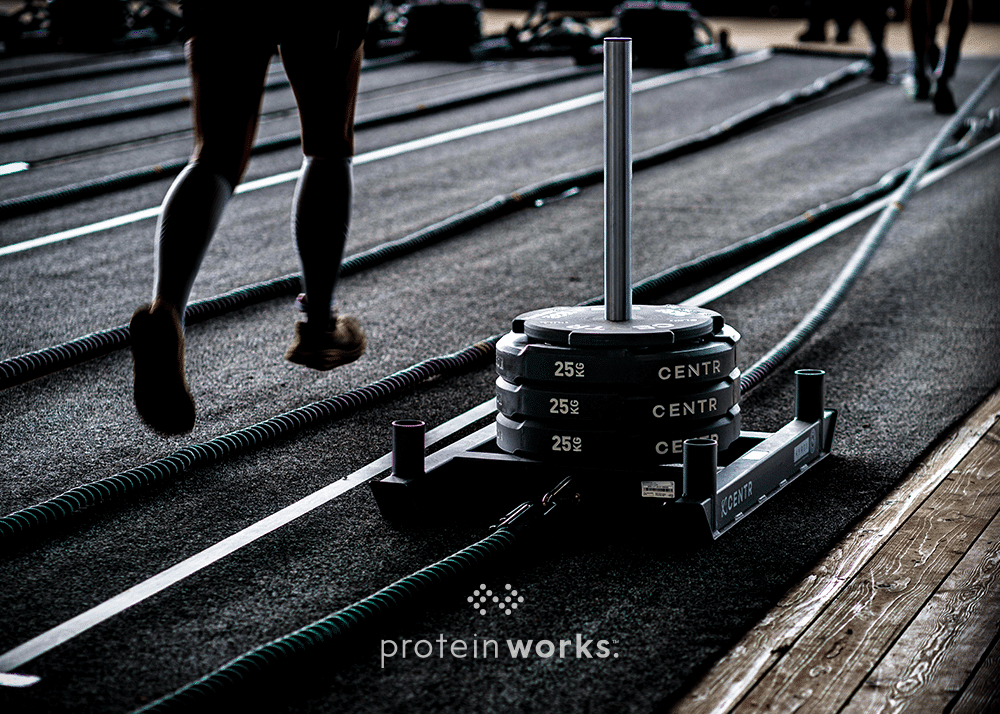
Every January I see an influx of enquiries for online coaching from people who have decided that the New Year is the time for a fresh start. Most commonly people wanting to lose 4 stone in a matter of a few months. The weight and timescale vary but often the numbers are plucked from thin air to bring the client to what they perceive as a ‘good’ weight, not knowing whether their goal is realistic or reasonable. When it comes to time frame, people usually have a life event in mind, commonly a holiday or a wedding. But this approach is not always realistic, so how do you know what to aim for? This article addresses some of the questions and tips I use with my clients to help them explore their goal and their REAL motivation.
What is your goal?
It might sound like an obvious question but it’s the most important one. More specifically, getting the goal right is the most important thing; it’s the foundation for everything. The most popular goals I hear from clients are ‘I want to lose weight’, ‘I want to get stronger’ or ‘I want to build some muscle’. There is nothing wrong with these goals as such but the problem you run into is how do you know once you’ve achieved them? By not being specific about your goal you have no way to track how well you’re doing and this can often lead to a loss of motivation and focus which ultimately causes people to just give up. On the other hand if you’re dieting because you want to get lean and don’t set a specific goal, the temptation is to drop calories too quickly, resulting in muscle and strength losses that you worked so hard to build.
Let’s take weight loss as an example as it’s the most common goal. Male client weighing 100kg, hoping to get down to 80kg because ‘that’s what he used to weigh when he was happy’. There are 2 ways you can look at this, either by amount of weight or by percentage. If you’re working by scale weight then as a general rule, weekly weight loss would look something like this:
· ½ lb \ 0.25kg per week for those who are already very lean
· 1lb \ 0.5kg per week for ‘normal’ to slightly overweight
· 2lb \ 1kg per week for anyone slightly more overweight to obese
Expectations about what’s realistic depend on your starting point as the above classifications are vague and do crossover somewhat. It’s also worth noting that the more obese someone is, the more likely they are to be able to drop weight quickly in the initial period of dieting.
If you work by percentages, the calculations I use to determine this are based on someone’s LBM (Lean Body Mass) and estimated body fat percentage. It should however be noted that there are no truly accurate ways to measure body fat percentage other than a DEXA scanner (which is expensive) so it comes down to best guess and experience. Callipers & bio impedance scanners both have huge margin for error and are not reliable.
Targets for monthly weight loss based on percentages can be categorised as:
· <1% for very lean trainees
· 1-2% for the average person
· 2-3% for overweight clients
· 3-4% for obese clients
When do you want your goal to be achieved?
Hopefully you now have a specific goal in mind. In our example we are looking to drop 20kg, whilst ensuring that most of this is from fat. Let’s assume that the diet will run from 1stJanuary to 1st August – that’s 30 weeks. 30 weeks x 0.5 kg per week = 15kg and our original target was 20kg. As you may be aware, weight loss is never linear. Some weeks you will lose more than other weeks or your weight could remain the same or even increase. This is perfectly normal, providing it doesn’t last more than a few weeks; the focus should be on long term, consistent progress.
You should remember that life gets in the way and dieting should not rule your life so the occasional ‘blip’ is to be expected. So after reviewing your goal results, you can be content with a 15kg loss, apply a more aggressive calorie deficit, intensify activity levels or extend the time frame of your goal. As we are time bound here, I would suggest that 15kg will make a HUGE difference visually and internally and would be a great achievement. However that’s not to say that it will not be possible to achieve more.
Break it down
Setting yourself some smaller targets to hit along the way will help you to feel like you’re making progress. It’s all too easy to get despondent when following a long term goal and looking at how far you still have to go. Sometimes it’s better to look at how far you’ve already come – using ‘the glass is half full’ mentality. But the mind is a cruel thing and despite knowing this it can be easy to panic and abandon your goal. I have been there myself. You start a bulk, start to think you’re getting fat so you start a cut and start to think you are too small. You start another bulk, repeat. Sometimes these rash decisions can take place just weeks apart and you end up never making any progress at all.
But there are things you can do. If you’re dieting over a long period of time (the best way) then schedule in a diet break periodically. This doesn’t mean an all-out binge but just forget your streak on your diet app and take a break for a few days. If you’re bulking then a mini cut every so often can help to keep unwanted fat under control and make you feel better about your progress. If you’re working on strength then you should be following a structured program, meaning there should be ‘deload’ weeks programmed for you to allow both physical and mental recovery time.
Who is in your corner?
Your strongest asset will always be someone else, someone to keep you going when times are tough and remind you why you’re doing it. Better yet is someone to give you honest feedback and possibly to change your plan for you if needed, this can range from someone on social media, a friend or a colleague. On the other hand, hiring a coach is advisable if you want the benefit of both moral support AND knowledge. Just having someone there to be accountable can make all the difference to your motivation.
Why is this goal important to you?
All too often people set goals without knowing why or because they feel they should. Without a really solid reason or motivation for wanting to achieve your goal, you will have nothing to fall back on when things get tough and will soon lose the motivation to eat and train for your goals. Your motivation needs to be that driving force that gets you out of bed when it’s cold, dark and early, that stops you dipping into the cookie jar or that forces you to manage that one extra rep at the end of your workout. The easiest way to find the true motivation is to adopt what I like to call the ‘toddler approach’, which you will be all too familiar with if you have children of your own.
WHY? WHY? WHY?..Sound familiar?
That’s a toddlers ‘go to’ question and it should be yours. Use our example from above to demonstrate this:
‘I want to lose weight’
WHY?
‘Because I want to look better and have more energy’
WHY?
‘Because I want to be a role model for my child(ren) and for my wife to find me attractive’
WHY?
‘Because I want the best for my child(ren) and want to be healthy so that I can live for as long as possible and see them grow up and have children of their own. I also want my marriage to last forever and for us both to be happy’.
So from our initial goal which was somewhat fleeting we now have something that will push us through the toughest of days and workouts. Delving this deep into your goal might be difficult to do on your own and you may therefore find it easier to ask someone to help you.
I don’t want to lose weight
Not everyone does, it’s just the most common goal. The process however remains the same whether your goal is muscle gain, sports performance or increasing strength. As a rough guide for those looking to add muscle should aim for approximately:
· 2-3lbs per month as a beginner
· 1-2lbs per month as an intermediate
· 0.5-1lb as an advanced trainee who is close to their maximum potential
Strength gains are highly dependent on the individual therefore any progressions are best discussed with your coach or an experienced lifter. Commonly people use arbitrary bench marks based on current body weight and experience but your goal will really depend on your current ability and whether you plan to compete in powerlifting or not.
Just do it!
I often speak to people who have set countless goals and formulated plans but never actually get started. The ‘I’ll start on Monday’ problem is that Monday never comes. Remember to think back to your motivation for your goal – how IMPORTANT is it? If the building you were in was on fire would you wait until Monday to get out?
So to summarise – make a plan, make sure it’s smart, get going!
What are you waiting for?








No Comments yet!